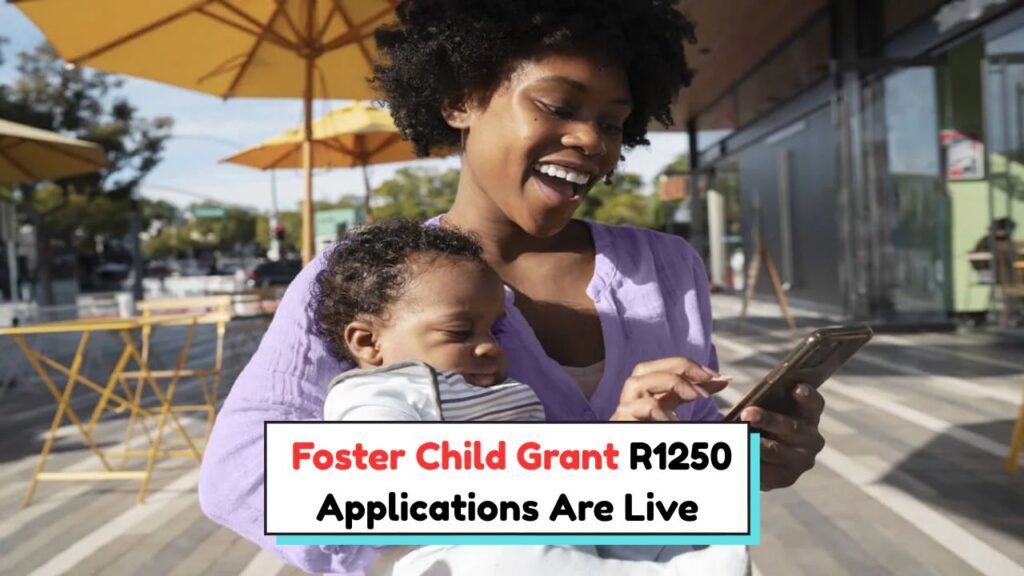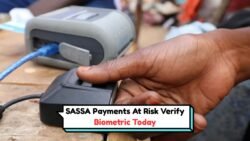Unlock R1,250 with SASSA Foster Child Grant: For many South African families, the SASSA Foster Child Grant offers a crucial financial lifeline. This grant provides R1,250 per month to assist caregivers with the costs associated with raising a foster child, helping to ensure these children receive the adequate care and support they need. The grant is distributed by the South African Social Security Agency (SASSA) and plays an essential role in supporting vulnerable children and their foster families across the nation. Understanding eligibility criteria and the application process is key to accessing this invaluable resource.

Understanding Eligibility for the SASSA Foster Child Grant
To qualify for the SASSA Foster Child Grant, applicants must meet specific criteria designed to ensure the grant reaches those most in need. Firstly, the child must be placed in foster care under a court order. This legal requirement ensures that the child’s placement is formally recognized and managed by the relevant child welfare authorities. Additionally, the foster parent or guardian must be a South African citizen, permanent resident, or a refugee residing in South Africa. Moreover, the grant is available for children under the age of 18, although it can be extended to 21 if the child is still in school or vocational training. It is crucial for applicants to provide all necessary documentation, including the court order, birth certificate of the child, and identification documents of the foster parent. These requirements help maintain transparency and ensure the grant supports genuine foster care arrangements, thereby safeguarding the interests of vulnerable children.
Application Process for the SASSA Foster Child Grant
Applying for the SASSA Foster Child Grant involves a straightforward process, designed to be as inclusive and accessible as possible. Applicants must visit their nearest SASSA office to submit their application. It is advisable to call ahead to confirm which documents are needed to avoid delays. Typically, required documents include the foster child’s birth certificate, the applicant’s identification, proof of address, and the court order placing the child in foster care. Once submitted, SASSA will review the application to ensure it meets all eligibility criteria. This process includes verifying the authenticity of the documents and the details of the foster care arrangement. After approval, the grant is paid monthly, and recipients must ensure they regularly update SASSA with any changes in their or the child’s circumstances. This diligence guarantees the grant remains appropriately allocated and continues to assist those who truly need it.
The Impact of the SASSA Foster Child Grant on Families
The SASSA Foster Child Grant significantly impacts the lives of foster families and the children they care for. For many guardians, the financial support alleviates the pressures associated with providing adequate shelter, nutrition, and education for foster children. This grant not only helps cover basic needs but also empowers caregivers to offer a more stable and nurturing environment. In communities across South Africa, the grant plays a pivotal role in reducing child poverty and improving the overall well-being of foster children. By easing financial burdens, families can focus on emotional support and developmental needs, fostering a sense of security and belonging in the child’s life. Ultimately, the grant aids in building stronger, healthier communities by ensuring every child has the opportunity to thrive.
Challenges and Future of the SASSA Foster Child Grant
While the SASSA Foster Child Grant provides essential support, several challenges remain. One of the primary issues is ensuring all eligible families are aware of and can access the grant. Outreach programs and community awareness initiatives are crucial in bridging this gap. Additionally, there is an ongoing need for streamlined processes and reduced bureaucracy to make application and maintenance as straightforward as possible. Looking ahead, the future of the grant depends on continued government support and adaptation to the changing needs of foster families. As South Africa grapples with economic challenges, maintaining and potentially increasing the grant amount could ensure it continues to meet the needs of vulnerable children. The role of non-governmental organizations and community groups will also be vital in supporting foster families and advocating for improvements in the system. With concerted efforts, the SASSA Foster Child Grant can continue to be a cornerstone of support for families across the nation.




